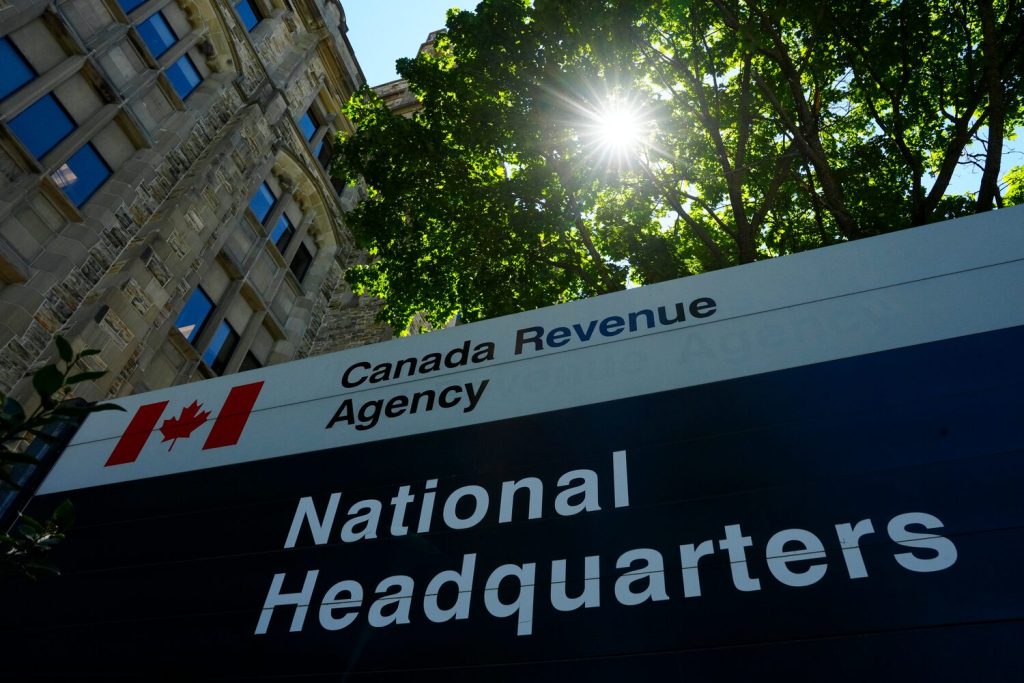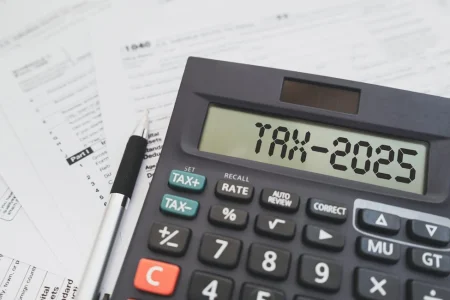Small-Business Carbon Rebate Will Be Taxed: What You Need to Know
A recent Financial Post report reveals that the small-business carbon rebate will be taxed, causing concern among many entrepreneurs. The Canadian government introduced the carbon rebate to offset rising fuel costs. However, according to this update, small businesses receiving the rebate must now account for it as taxable income.
Quick Overview of the Rebate
The carbon rebate began as part of Canada’s broader climate policy. Its goal was to help offset some of the extra expenses tied to carbon pricing. Though large corporations face the majority of these fees, small businesses also felt the impact. As a result, the government created a rebate plan to give them partial relief.
Yet, recent clarifications indicate that any amounts collected through this program may be subject to tax. Consequently, small-business owners will need to factor that into their annual filings.
Why Is It Being Taxed?
Government officials claim the taxation of the rebate follows standard rules. They explain that any income received from a government program must usually be reported. As a result, a carbon rebate received by a business is no exception.
However, critics argue that this approach could undermine the original purpose of the rebate. They say the government’s plan to tax these funds may negate the financial relief the program provides.
Impact on Entrepreneurs
Small-business owners have voiced frustration, noting that carbon pricing already adds to operational costs. They feel a taxed rebate will only make it harder to predict cash flow. Moreover, some are worried it could discourage investments in green upgrades, such as efficient machinery or vehicles.
Proponents of the tax argue that fair taxation ensures all businesses operate on a level playing field. Yet, many entrepreneurs remain uncertain about their bottom lines. As a result, they may seek further guidance from accountants or industry associations.
Read more : Workshop Series for Entrepreneurs and Small Business Owners
Reactions and Next Steps
This news has ignited debate among policymakers, advocacy groups, and the business community. Some trade associations have requested clearer guidelines on how to report the rebate. They also want more time to adapt their accounting processes.
In the meantime, small-business owners should stay informed. By knowing their tax obligations, they can avoid penalties and better manage their financial planning. Transition words like “furthermore” and “consequently” highlight the importance of immediate action.
“While the rebate was helpful in theory, taxing it reduces its intended impact,” said one local entrepreneur.







